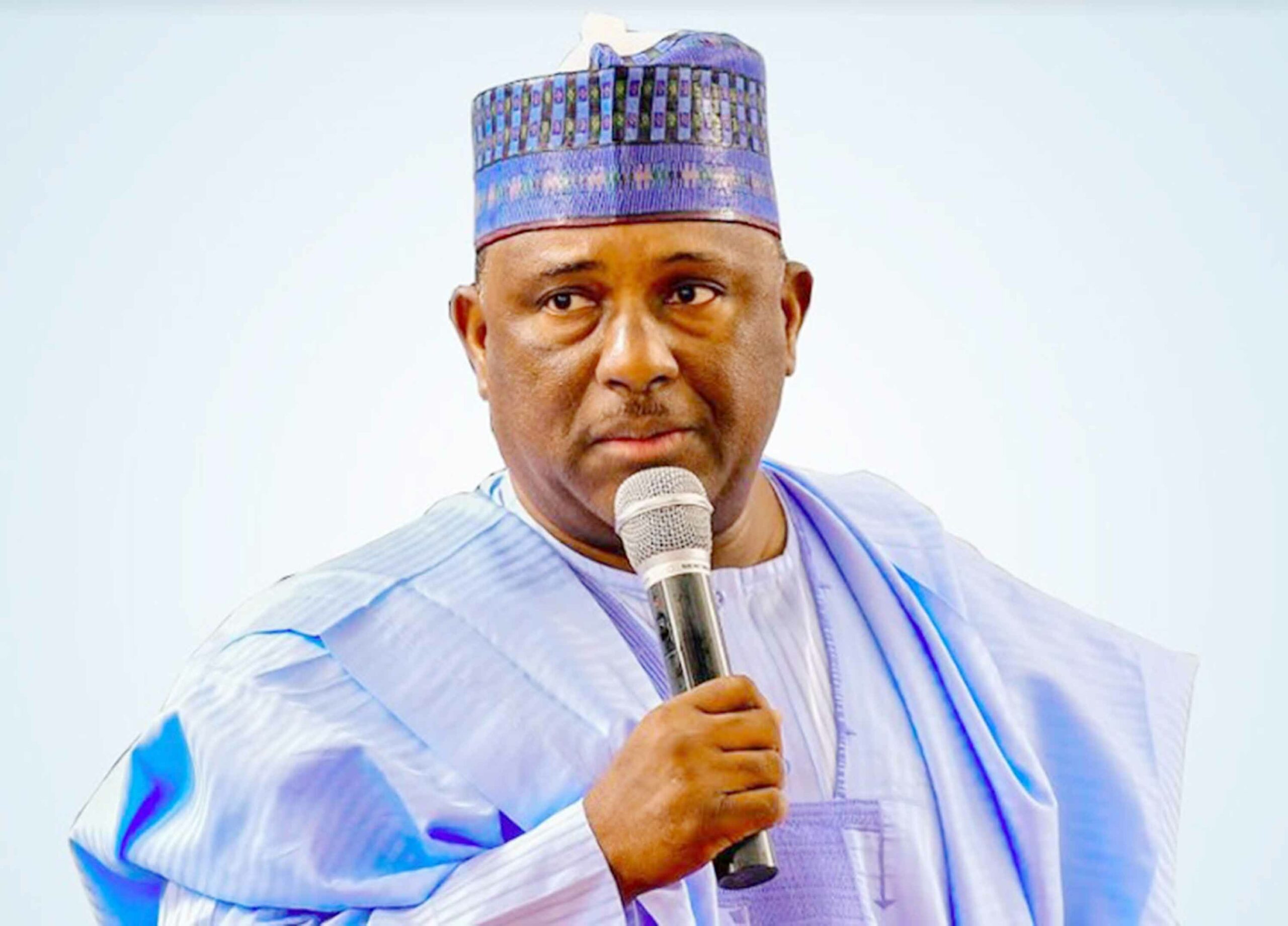BUA Cement’s revenue surged to N460bn in 2023
The management of BUA Cement Plc has announced an increase in net revenue of N460 billion in 2023, a 27.4 per cent increase from the N361 billion recorded in 2022. Chairman of BUA’s Board of Directors, AbdulSamad Rabiu, during its eighth AGM, said the company improved its capacity utilisation to 61.2 per cent in 2023 […]

The founder, BUA Group, Alhaji Abdulsamad Rabiu
The management of BUA Cement Plc has announced an increase in net revenue of N460 billion in 2023, a 27.4 per cent increase from the N361 billion recorded in 2022.
Chairman of BUA’s Board of Directors, AbdulSamad Rabiu, during its eighth AGM, said the company improved its capacity utilisation to 61.2 per cent in 2023 from 59.8 per cent in 2022 due to an increase in cement volumes dispatched.
He said the increase in volumes dispatched also increased market share but that profit after tax declined by 31.2 per cent due to foreign exchange losses.
He said, “Furthermore, Earnings Before Interest, Taxes, Depreciation and Amortisation (EBITDA) rose to N169bn from N155bn recorded in the prior year. However, profit after tax declined by 31.2 per cent to N70bn from N101bn recorded in the corresponding period in 2022.
- Group seeks media collaboration to promote peace in Nigeria
- Students seek review of FG’s 18-year admission eligibility
“This was impacted by foreign exchange losses, which arose from the devaluation and the continued depreciation of the naira.”
While disclosing that the company was committed to shareholder value despite the reduction in its bottom line, he announced a dividend of N2 per share for the year ended December 31, 2023, to be distributed to shareholders.
He further said, “Conversely, global inflation peaked at 6.8 per cent in 2023. Across Sub-Saharan Africa, economic growth declined to 3.3 per cent relative to the 4.0 per cent recorded in 2022, driven majorly by global slowdown, weather shocks and supply-side issues.”
BUA’s Managing Director, Yusuf Binji, said the major challenges faced during the year arose from the Central Bank of Nigeria’s currency redesign policy.
Binji said the 2023 general elections and foreign exchange volatilities also created major challenges.
He said, “Like every manufacturing business, some of our inputs are dollar-denominated, and with the devaluation and continued depreciation of the naira, we recorded rising energy and other raw materials costs. Also, the depreciation of the naira led to the revaluation of existing liabilities on the balance sheet, which resulted in an exchange loss of N70bn.”
